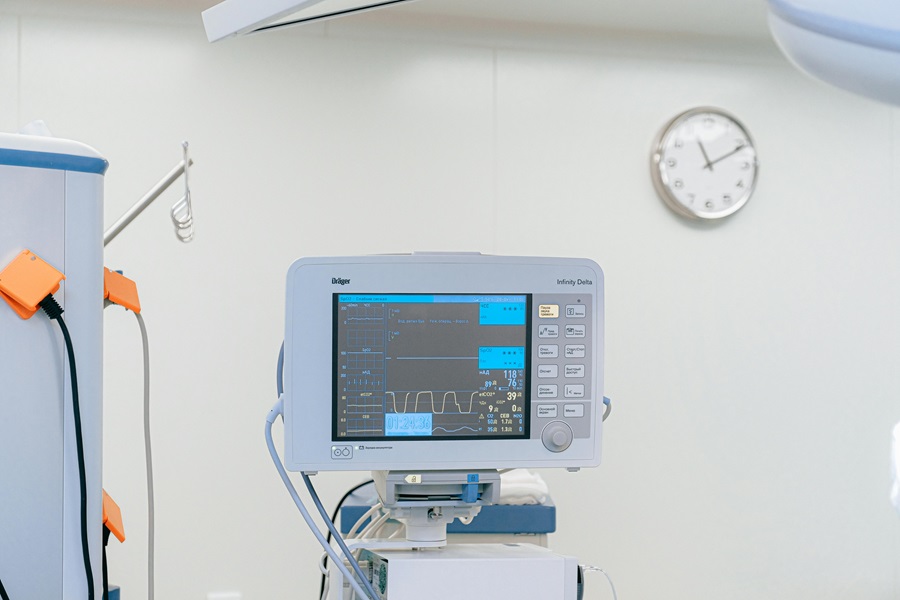What is DNR (Do Not Resuscitate Order)?
A DNR, an acronym for Do Not Resuscitate, is a medical order signed by a doctor. In a paper form or a bracelet, DNR indicates that the person does not want to receive cardiopulmonary resuscitation (CPR) in cases of emergency.
Who decides a DNR order?
A DNR order must be issued by a certified health professional through a consultation with the patient, their guardian or agent. In the process, doctors critically assess the validity and provision of the resuscitation treatment in consideration of the older adult’s state and decision.
Who needs a DNR?
Everyone holds the right to refuse medical treatment. Whether to receive a life prolonging treatment is especially a consideration taken by seniors, as extreme measures can negatively impact their quality of life.
For example, CPR is an aggressive intervention that is only intended on healthy individuals in emergency situations. Performing this treatment on elderly with severe health conditions like infections, cancer, bone fragility can aggravate their health. They may suffer from broken bones, brain and other organs, making it difficult for them to breathe. In fact, it has been found that only 3%~5% of senior patients survive CPR and are discharged from hospitals. Even after the discharge, it has been reported that their quality of life is severely impacted post-CPR.
Because of the risks involved, older adults in poor health and terminal illness consult with their doctors and consider DNR. Before exercising control over their care, potential risks and benefits involved with CPR are to be thoroughly discussed.
How do you make a DNR request?
An individual wishing for a DNR must consult with their doctor, hospital and solicitor. After the consultation, an official DNR form will be signed by the doctor. Be mindful that some states have additional requirements and documentations to provide.
Once granted, the DNR form must be known to those caring for the older adult. You must notify doctors, nurses, caregivers, family members and assisted living staff of your senior’s wishes in emergency situations. Provide them documentation or wear a DNR medical bracelet for medical personnel to honour the DNR.
Are you seeking help for your senior’s care plan? We’ve got you covered.
Contact Living Waters Aged Care now and make an appointment to discuss your options.

